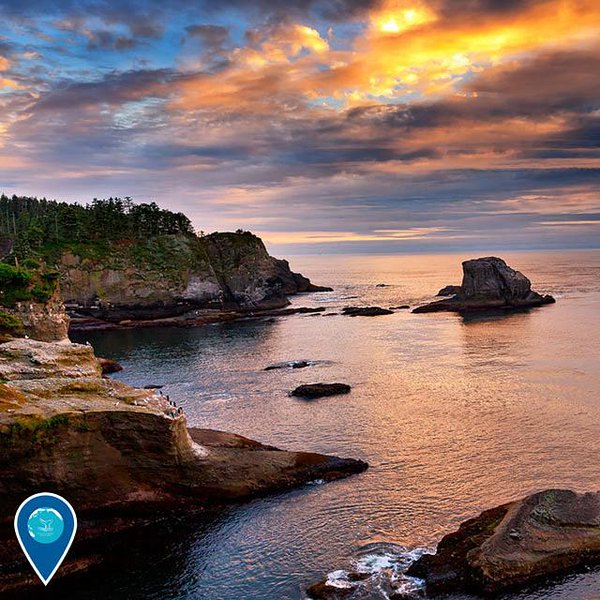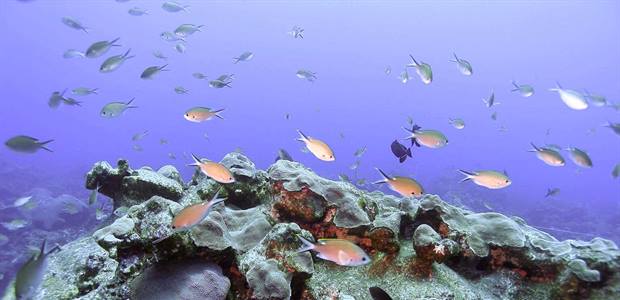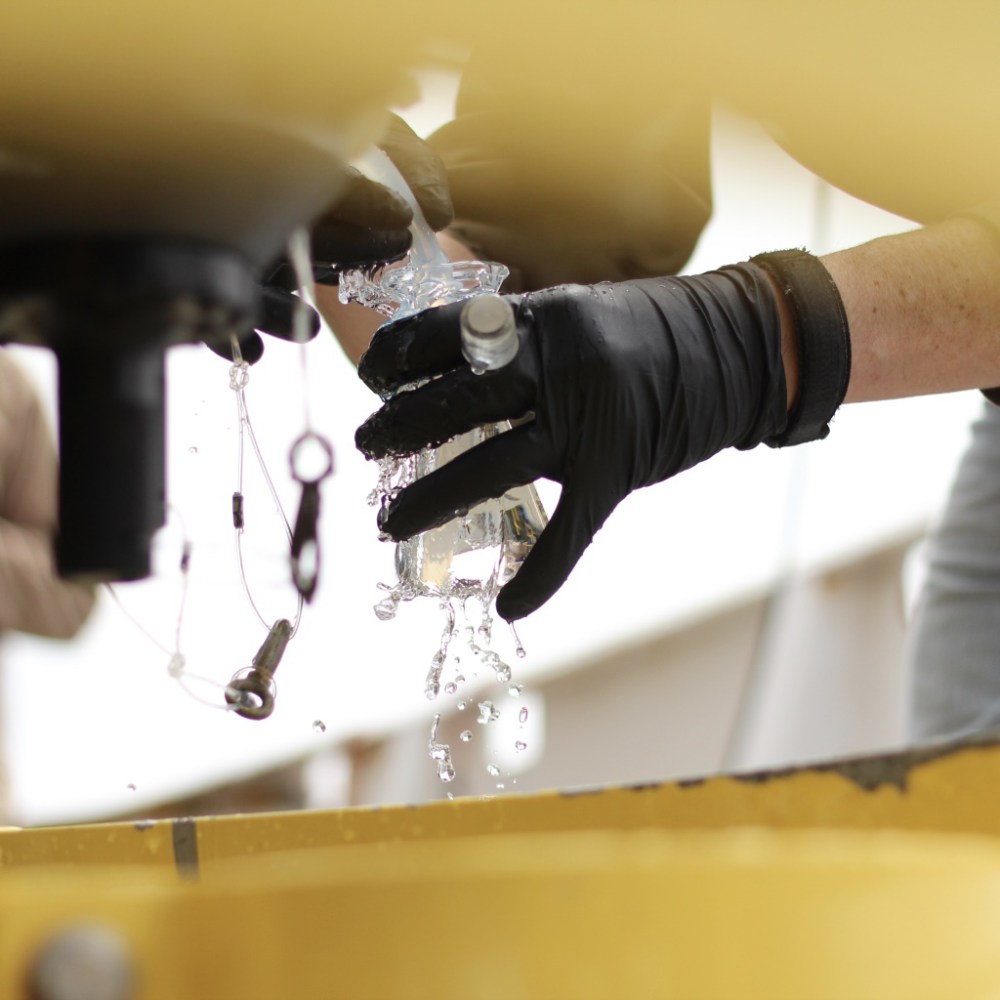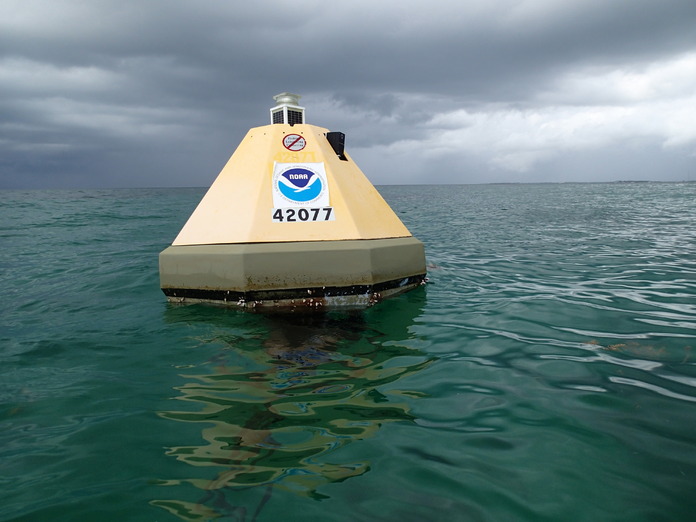NOAA RESTORE Funding Competition on Long Term Trends
The priority for this competition is identifying, tracking, understanding, and/or predicting trends and variability in the Gulf of Mexico’s living coastal and marine resources and the processes driving them.
Applicants must propose work that addresses this priority in one or more of these areas of emphasis: 1) exploring trends in multiple species, 2) investigating the link between weather and/or climate and trends, and 3) examining the relationship between trends and economic activity.
To receive funding, applicants will need to directly address the needs of resource managers and have a clear plan for how their research findings or products will be used by resource managers. Applicants are encouraged to include resource managers on their project teams.
This competition is the Science Program’s first dedicated to supporting integrated, long-term projects. Pre-proposals, which are required, are due by July 30, 2018and the deadline for submitting a full application is October 29, 2018. Please see the full announcement for complete instructions on how to submit a pre-proposal and full application.
NOAA RESTORE Funding Competition on Long Term Trends Read More »









